a work for voice, viola, and guitar
with Cleopatra Markou, Michalis Katachanas and Vassilis Tzavara.
is repeated for only 6 performances, from November 1 to 16 at PLYFA.
The performance “Venebra”, a piece for voice, viola and guitar, is inspired by the short story “Women who sing farewells” by Chrysostomos Tsapraῒlis, which can be found in the collection of his short stories and the engravings of Fotis Varthi “Women who return” ( Antipodes publications, 2020). The common starting point of both creators are nine absurdities of the folk tradition, nine faces of women who are in painful, threatening and eerie situations creating “a new narrative of the pain of women who have been, are and will be”. Venebra is a woman who spreads with her voice paradoxical melodies and purposes that are sweet, but at the same time deadly. Born in the midst of a war, she managed to survive from
him, but scarred by the breath of death, whose shadow remained her only real companion and family. A woman doomed to find no real peace among the living, being a discordant but charming dissonance to their existence. The idea for the original short story came from Propontida’s absurdity “Korasin etragoudage” and from the mythological mist of women whose song is deadly (Sirens, Banshees). “Venebra” comes to give the original short story sound and breath through three instruments (voice, guitar, viola) and musical improvisations that sometimes accompany and sometimes collide with the words, sometimes abandoning them, sometimes allowing them to recover and sometimes
they transform into songs – either more clearly and distinctly, or like dim memories and faded echoes. A landscape of sounds from strings, human and non-human, that pulsate seeking to shake off the identity of the omen revealing the inner and unspeakable, exorcise the prescribed fate.
Play performed in Greek
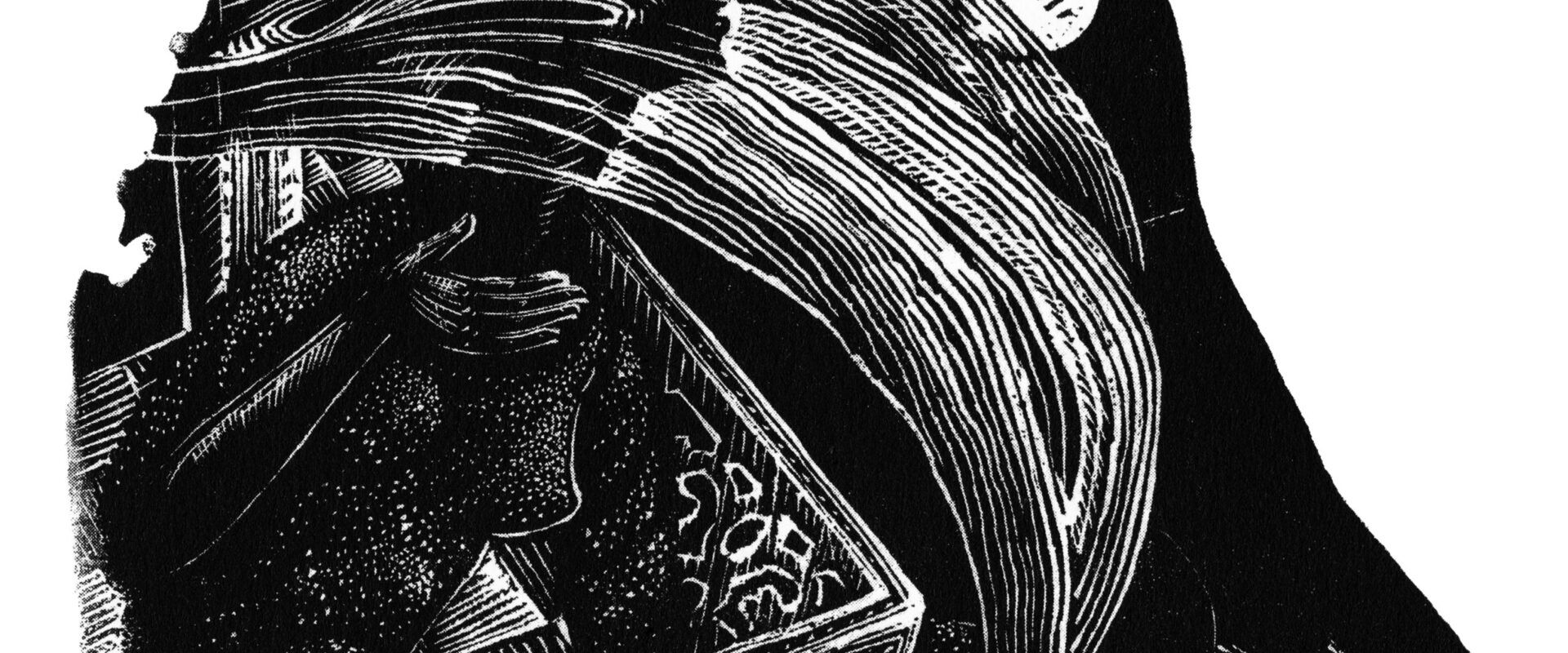





 01
01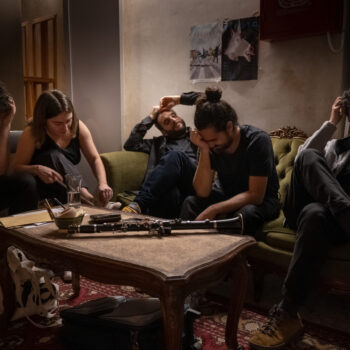 05
05 06
06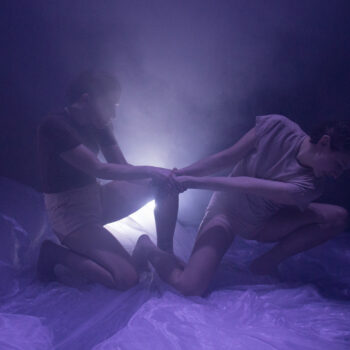 07—08
07—08 13
13 15
15 20 Feb—01 Mar
20 Feb—01 Mar 31 Jan—01 Mar
31 Jan—01 Mar 02 Feb—10 Mar
02 Feb—10 Mar 11 Feb—12 Mar
11 Feb—12 Mar 26 Jan—17 Mar
26 Jan—17 Mar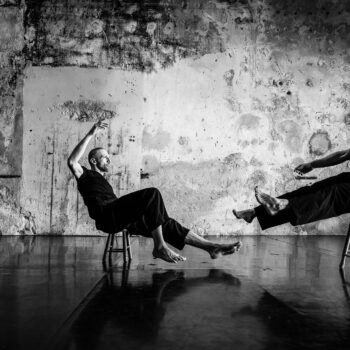 06—08
06—08 13—15
13—15 20
20 21—22
21—22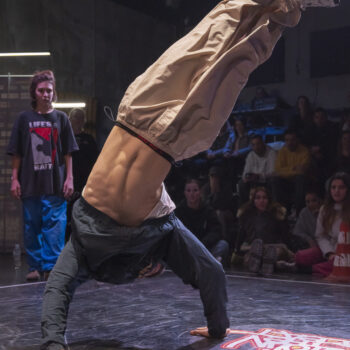 21—22
21—22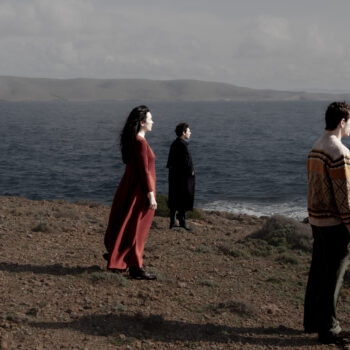 04—25
04—25 26—27
26—27